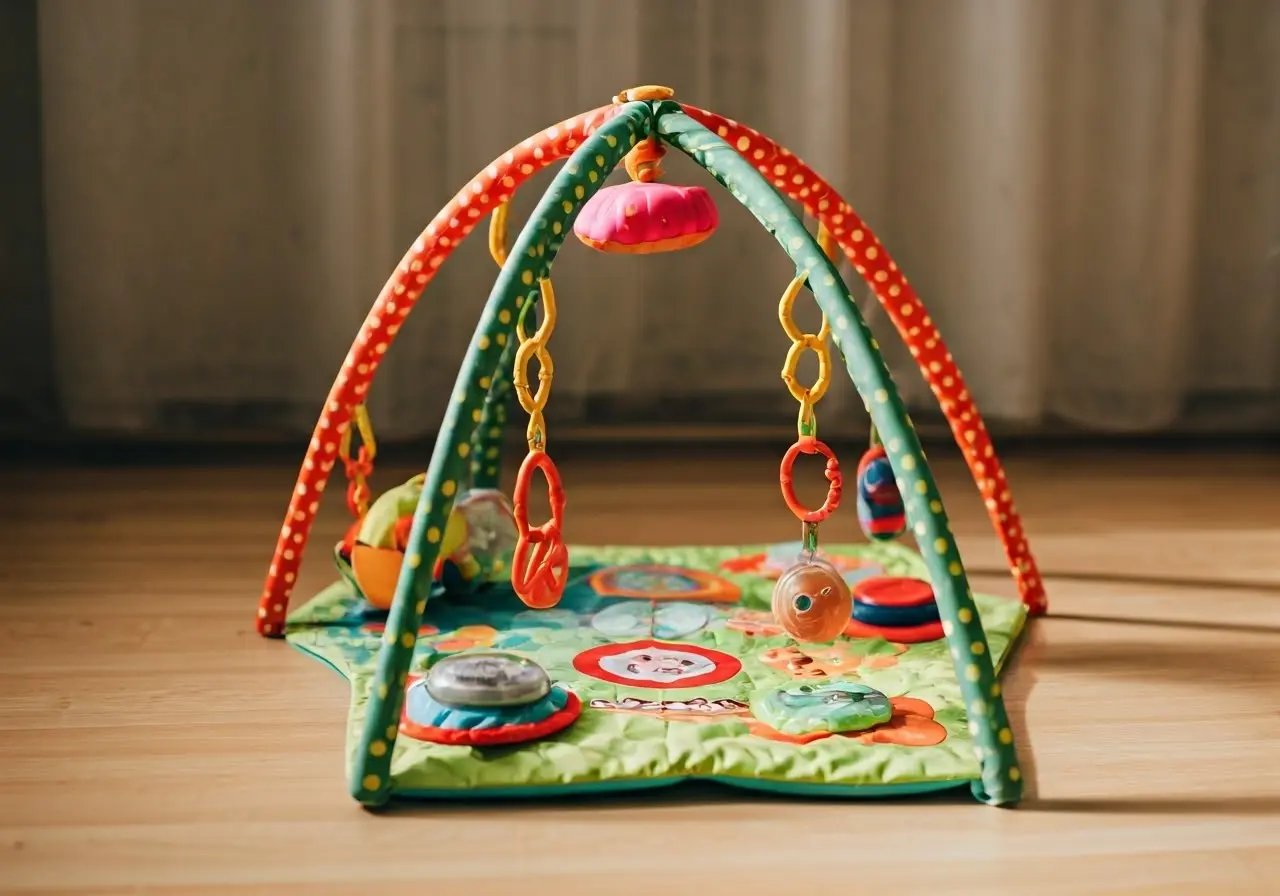Welcoming a new baby into your life is an exciting journey filled with moments of joy and discovery. As new parents, you might be wondering how to facilitate your baby’s development in fun and engaging ways. In this blog, we’ll explore baby play tips that promote exploration and learning, helping you support your little one’s growth while enjoying every minute together.
Understanding the Importance of Play in Early Development
Play is essential for your baby’s cognitive, physical, and emotional development. It fosters creativity, problem-solving skills, and helps build strong parent-baby bonds. Understanding the role of play allows parents to facilitate a nurturing environment that supports their baby’s growth.
Experts believe that in the early years, play is more than just a way to pass the time—it is a fundamental aspect of brain development. As babies interact with their surroundings through play, they activate neural pathways that lay the foundation for all future learning. Simple actions like grasping a toy or babbling in response to a parent’s voice are more than meets the eye; they’re critical milestones in developing cognition and language skills. Research has shown that babies who engage in diverse types of play tend to demonstrate enhanced creativity and better problem-solving abilities later in life.
Creating a Stimulating Environment for Your Baby
A safe and stimulating environment is key to encouraging exploration. Simple adjustments, like providing colorful toys or safe spaces for crawling, can make a big difference. Discover how to transform your home into a supportive playground for your little explorer.
Consider incorporating natural elements into your baby’s play area, such as wooden toys or fabrics of varying textures, to stimulate their senses. Small changes like these can create a multisensory environment that encourages exploration. Setting up space with various levels, such as raised mats or soft cushions, can help your baby practice balance and coordination. Ensure your play area is free of sharp corners and chocking hazards to keep it safe. Finally, consider the use of mirrors: babies love seeing their reflections! Mirrors not only fascinate babies but also enhance their sense of self-awareness and help develop social skills.
Engaging in Interactive Play
Interactive play enhances your baby’s social skills and helps them understand the world around them. Activities such as talking, singing, and reading together not only entertain but also educate. Learn about simple, interactive play ideas that stimulate your baby’s mind.
Begin by narrating your day to your baby, describing actions and objects around them. This interactive technique introduces language in a natural context and strengthens your bond as they learn to recognize the rhythm and tone of your voice. Singing nursery rhymes or making up simple songs together not only makes playtime fun but also supports linguistic rhythm acquisition. Books are a treasure trove for interactive play; choose ones with large, colorful pictures and textures. You can also incorporate movement activities, like clapping or gentle bouncing, while reading out loud to keep them engaged. Each smile or babble in response deepens your interaction and understanding of important social cues.
Incorporating Sensory Play into Daily Routines
Sensory play engages your baby’s senses and helps them discover textures, sounds, and sights. Easy activities, like water play or exploring different fabrics, provide rich sensory experiences. Uncover ways to incorporate sensory play into everyday tasks.
Incorporating sensory play doesn’t require an elaborate setup. During bath time, for instance, introduce toys that float and sink, allowing your baby to understand the concept of buoyancy effortlessly. You could use this time to experiment with different temperatures on their skin, using cold and warm options to expand their understanding of sensations. Similarly, during meal times, let your baby touch and feel different food textures, which not only improves fine motor skills but also reduces future food aversion. Transparent containers filled with colorful items can be shaken to produce sounds, introducing the concept of noise and silence to them.
Encouraging Physical Play and Movement
Physical play is crucial for developing motor skills and coordination. From tummy time to first steps, learn how to encourage safe physical activity that promotes strength and balance. Explore tips for making movement fun and engaging for your baby.
Tummy time is one of the earliest and most important physical activities that help infants build the muscles necessary for lifting the head, crawling, and eventually walking. Try to incorporate tummy time into your baby’s daily routine, gradually increasing the duration as they grow stronger. As soon as they’re able to sit independently, introduce toys that encourage reaching and twisting, which develops balance and control. Using inflated toys or balls can coax them into practicing their grip and pushing skills, offering supportive opportunities to explore movement. Always remember to cheer and celebrate each tiny victory, as these moments forge a positive association with physical activity that can last a lifetime.
You might also consider baby yoga or massage as wonderful alternatives that stimulate movement and encourage flexibility. These activities can be soothing and help deepen the parent-child connection through touch and focused attention. As your baby becomes more mobile, setting up simple obstacle courses with pillows or soft toys can turn your living room into an exciting adventure zone. Let them crawl over or around these barriers, assisting them when necessary, but also giving them the space to experiment. This kind of play is both energizing and instrumental in honing their physical capabilities.
Creating a Joyful Foundation Through Play
Encouraging exploration through play is an enriching way to support your baby’s development and create lasting memories. By engaging with your baby, providing stimulating environments, and incorporating a variety of play types, you’re setting the foundation for lifelong learning and curiosity. Start small, follow your baby’s lead, and most importantly, enjoy the beautiful journey of watching your little one grow. For more tips and resources, visit our homepage.






















































































